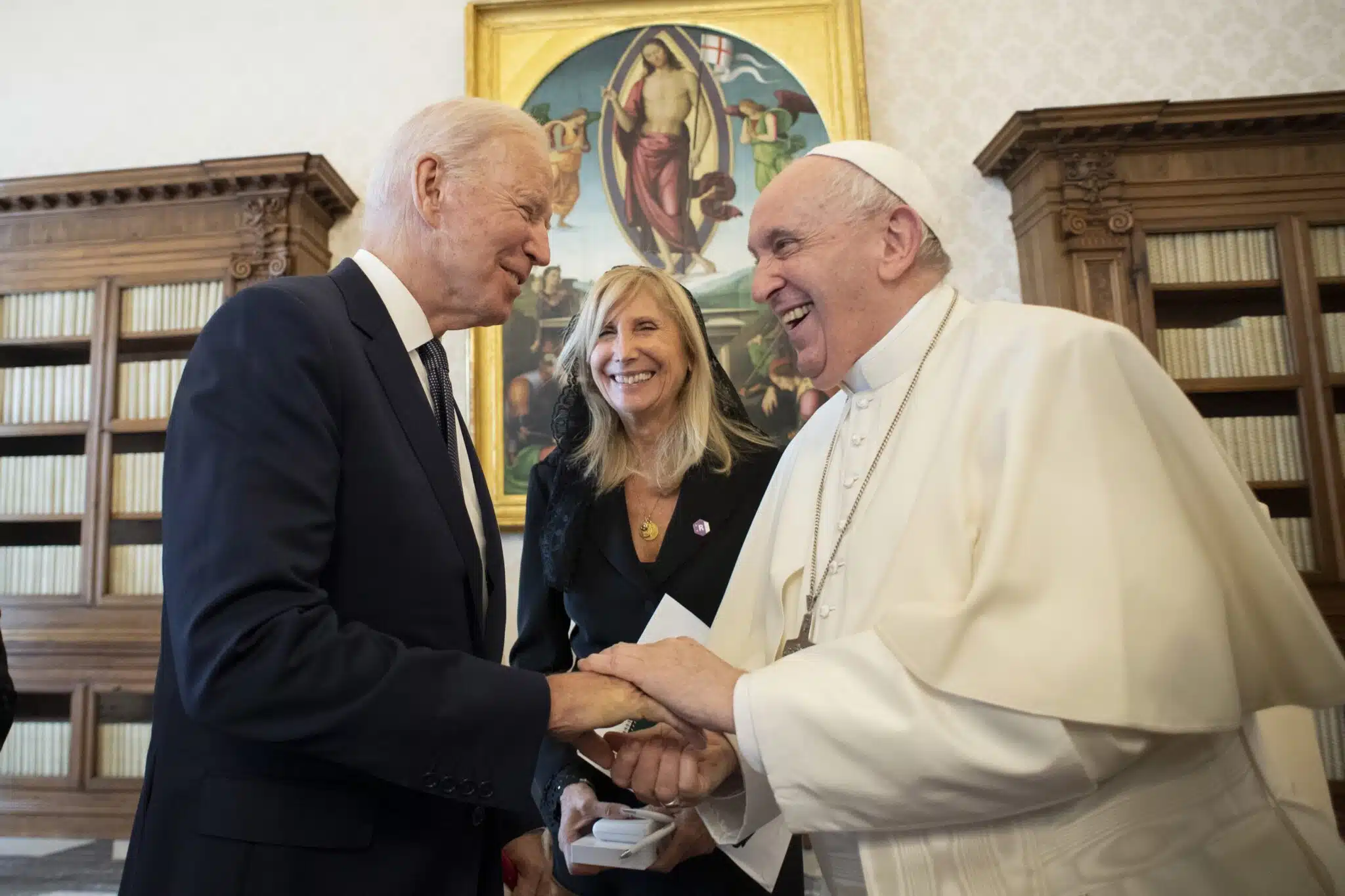Daniel 3:25, 34–43; Psalm 25:4bc–5ab, 6, 7bc, 8–9; Matthew 18:21–35
In today’s Gospel, Peter asks Jesus a question: How often should we forgive a brother who offends us? Peter suggests that perhaps seven times would be a generous offer. Scripture scholar Fr. Raymond Brown notes that, at this point, we who know Jesus’ answer are inclined to criticize Peter. How stingy! We know Jesus is going to respond with a whopping seventy-seven times, suggesting forgiveness without limit.
But, Brown comments, who among us, realistically, might squeeze out a second or, just maybe, a third act of forgiveness? After that, wouldn’t we say, “Enough!”? At that point, Brown says, Peter is looking pretty good! And that makes Jesus’ rule for forgiveness even more generous. It is, in fact, the generosity of God. In the eighteenth century, St. Alphonsus Liguori lived at a time when moral theology, the church’s interpretation of human behavior and sin in light of the gospel, was wrestling with the rigid standards of a group called the Jansenists.
Eventually they were condemned as heretics by the church because they denied the role of free will in the acceptance and use of grace. Alphonsus wrote a practical guide for pastors and confessors that was for centuries a standard text. It was marked by moderation and the attitude of forgiveness taught by Jesus in today’s Gospel.
Alphonsus is honored as a doctor of the church for more than his moral theology. He was a great spiritual writer, founder of the Redemptorist Congregation, and a model of patient suffering in his personal life. But as we consider our own sinfulness and seek God’s mercy, the kindness and gentleness that marked his moral teaching can inspire us to conversion.
Today’s Action
Examine your conscience in light of the Ten Commandments and the Beatitudes.
Prayer
Jesus, teach us unlimited forgiveness, as you commanded Peter.
May we never forget how many times we have been forgiven,
and may we always be ready to show forgiveness to others.
Amen.








